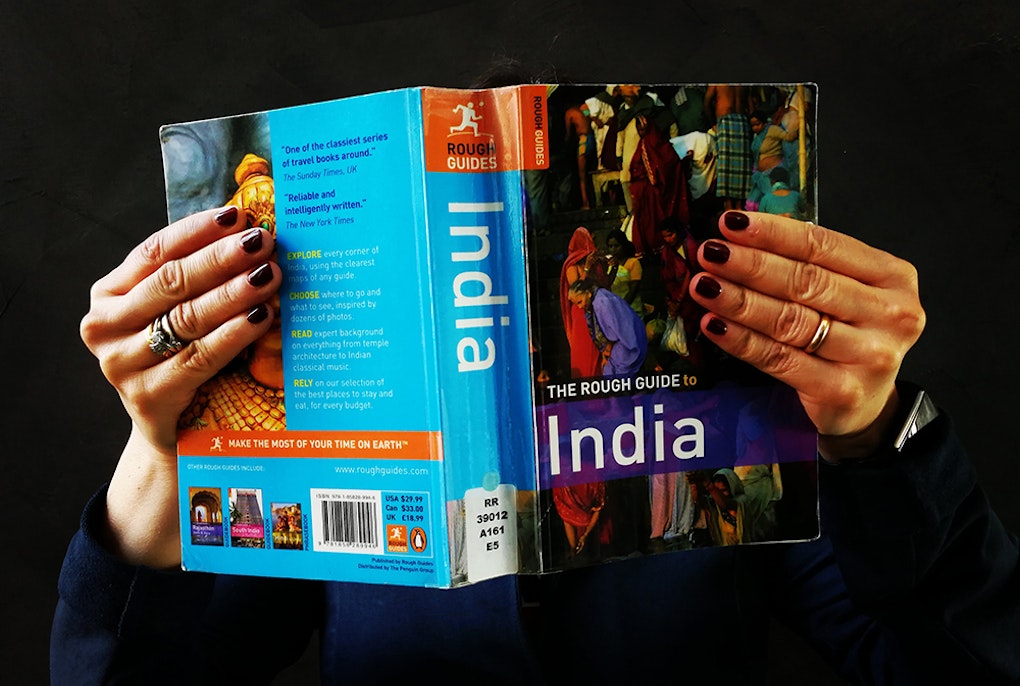
Q&A with Chanchal Kumar Sharma
 Chanchal Kumar Sharma
Chanchal Kumar Sharma
Albania, Montenegro and North Macedonia are all 'Candidate Countries' for membership to the European Union, although each achieved this status at different times. Montenegro submitted its membership application in 2010 and formally opened negotiations in 2012. Albania, on the other hand, after applying for membership in 2009, had to wait until March 2020 for the beginning of negotiations, due to its shortcomings in the application of the rule of law and internal opposition to the EU. Similarly, North Macedonia achieved Candidate Country status in December 2004 but the process was halted in 2009 due to a veto by Greece. The negotiations were then further delayed until March 2020, due to the dynamics among member states.
In analysing freedom of the press, let us first consider the case of Albania. It is clear that while constitutional laws formally safeguard freedom of press and expression, two laws of December 2019, called for by Edi Rama's government, have actually encouraged the exposure of journalists for "defamation" by individual citizens, establishing real media control agencies. Albanian journalists and the Council of Europe have denounced this legislation, fearing the direct consequences of increased censorship and media control. Moreover, the granting of broadcasting licences is also controlled by the government, making public television in Albania de facto private, and subject to the will of the majority parties. According to the 2020 report by Reporters Without Borders, many newspapers in Albania are affiliated to the main ruling parties and therefore in opposition to the minority ones. Indeed, investigative journalists conducting independent inquiries are often subjected to physical and verbal abuse, while online media which criticises the government is blacked out. The climate of media denigration has also been exacerbated by Prime Minister Edi Rama, who in March 2020 asked citizens to protect themselves not only from the coronavirus, but also from the media and its power to defame Parliament.
In Montenegro, the practice of self-censorship 'protects' journalists from intimidation and lawsuits, because of the political polarisation faced by national and local media. However, this self-imposition on the part of individual journalists and editorial groups severely limits the possibility of covering the thorny topics of investigating Montenegro's politics. Media that is not sympathetic to the political line of the government is often restricted from having space on public networks, while investigative journalists continue to be victims of physical and verbal abuse through organised crime. An example of this is the case of the investigative journalist Jovo Martinovic, who in January 2019 received an eighteen-month sentence (later reduced to one year) while investigating the connections between drug trafficking in the Balkans and the role of the Pink Panthers, an international group of jewellery thieves. The journalist had already served a 14-month pre-trial detention, after being charged with drug trafficking and participation in a criminal conspiracy in October 2015. The international community condemned the sentence and the Court of Appeal ordered another trial. With regard to public broadcasters, RTCG (Radio and Television of Montenegro) remains under strict control of the DPS, despite the attempts to nationalise it in past years and in firm opposition to the protests of civil society.
A slightly different situation can be found in North Macedonia, where, although verbal and physical attacks on journalists continue to occur, the Independent Union of Journalists and Media Workers has repeatedly denounced the violence. This kind of harassment has been decreasing steadily since 2017, and the government's easing of the pressure on the media has contributed to the country's advancement in the ranking of the Freedom House's Country Report 2020, with an overall score of 63/100 (in 2019 it was 59/100). This advancement is also attributable to Zoran Zaev government's commitment to press freedom in which "[...] the government led by the Social Democratic Union of Macedonia (SDSM) has not seized media airtime. The mass surveillance and phone tapping of journalists that took place under the VMRO-DPMNE government has not been repeated." Nevertheless, the affiliation of newspapers to the main political parties persists, while the spread of effective independent journalism is growing in online publications. The current government has eliminated advertising in the media: this change has had a very positive impact on press freedom, limiting party control over newspapers and citizens' voting patterns. The improvement in the quality of freedom of expression at the national level is considerable, while at the local level political pressure persists, as the restriction of political content in advertisements is only implemented at the level of national broadcasters. Macedonian journalists' unions are very active in defending their rights, when compared to those in Albania and Montenegro: in 2019, the Council of Media Ethics (CMEM) and the Macedonian Journalists' Union created an online Professional Media Register with approximately 70 members.
Although Albania's 1998 Constitution provides for an independent judiciary, the courts are underfunded by the state and often subject to political pressure and influence. Brunilda Bara and Jonad Bara's essay highlights how in trials involving members of the parliament or the government, many court decisions are seen as political stances by the judiciary towards the party (government or oppositions). In 2016, the Parliament passed a number of reforms aimed at strengthening the independence and capacity of the judiciary. These reforms have resulted in periodic evaluations in which the professionalism, moral integrity and independence of judges and prosecutors are investigated. Nevertheless, the constitutional guarantees of a fair trial are not implemented according to the principle of equality and sometimes the public is prevented from attending the trial. Legal advice is not always provided to those who cannot afford legal representation and this deficiency exacerbates the inequality of treatment between politicians and ordinary citizens. The new Constitution should, in theory, strengthen the public’s confidence in the Albanian judicial system., It should also be the responsibility of the courts and institutions to underline the importance of the rule of law, ensuring the respect of an independent judiciary.
In Montenegro, similarly to Albania, the judiciary is susceptible to government pressure and corruption remains a latent problem, despite continued efforts to strengthen judicial independence. Proceedings are lengthy and slowed down by bureaucracy, while the police often keep suspects locked up throughout the period of preliminary investigation and pre-trial. Courts are poorly funded and often overburdened by time-consuming trials and public money. An example of the wide corruption is evident from the audio recordings and official documents which were leaked in 2019 and implicated State Prosecutor and Supreme Ivica Stanković and Supreme Court President Vesna Medenica in matters of political corruption dating back to 2017. Both were arraigned following a trial characterised by confusion and lack of transparency involving the conviction of Andrija Mandić and Milan Knežević, Democratic Front (DF) MPs accused of organising an attempted coup in 2016.
In North Macedonia, concern and distrust about the effectiveness and the independence of the judiciary by the population remains high. This has allowed both the government and the EU to keep the issue alive. The EU stressed that judicial reforms should be a key priority on the political agenda of Zoran Zaev's government. In this regard, in 2018, the government adopted a number of reforms aimed at strengthening the independence of the judiciary, including reforming mechanisms to counter misconduct and corruption of judges. However, political interference in the work of prosecutors remains a substantial problem in the Macedonian legal system. The phenomenon of the selective application of justice, i.e. the possibility or not to have a fair and independent trial based on the political affiliation of the accused, persists.
While acknowledging the progress made in defending the rule of law in Albania, Montenegro and North Macedonia, the 2020 EU Country Progress Reports paints a complex picture and underlines the need for further oversight and commitment by the respective executives in enforcing laws and ensuring the effective independence of the judiciary. At the same time, the scores assigned by Freedom House qualify the three countries as "partially free" and with clear signs of progress in the ranking, especially for North Macedonia. On the one hand, Albania's keen interest in continuing the European integration process is also being held back by the government's stance on press freedom and journalists' freedom of expression. On the other hand, the apparent immobility of the Montenegro's government - led by Milo Djukanovic until October 2020 - in the fight against political interference in the processes, severely limits any progress in the negotiations for chapters 23 and 24 of the acquis communautaire for EU membership. Despite the fact that constitutional laws are adequate to ensure respect for fundamental rights and freedoms, the translation of the laws into practice has many critical issues and gaps in both the judiciary and the media.
This article is part of EUreka!'s collaboration with Lo Spiegone.

This content is licensed under a Creative Commons Attribution 4.0 International license.